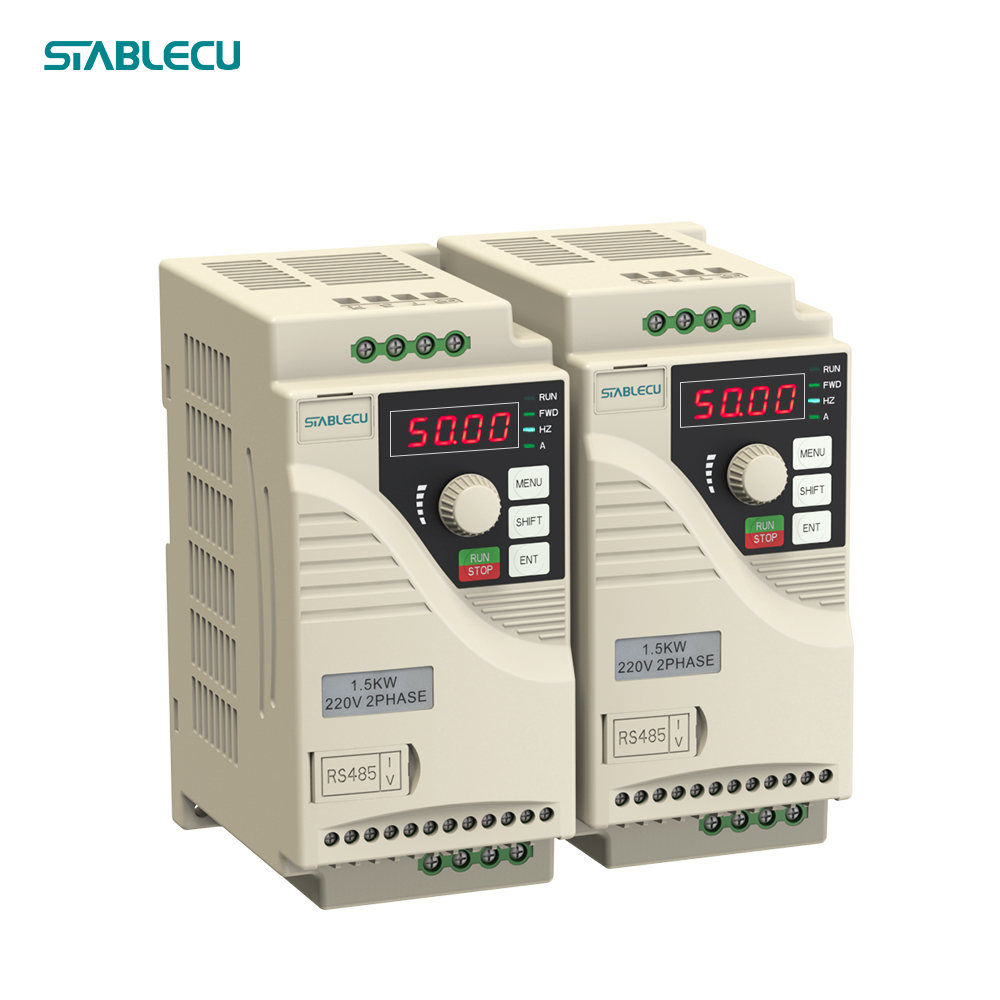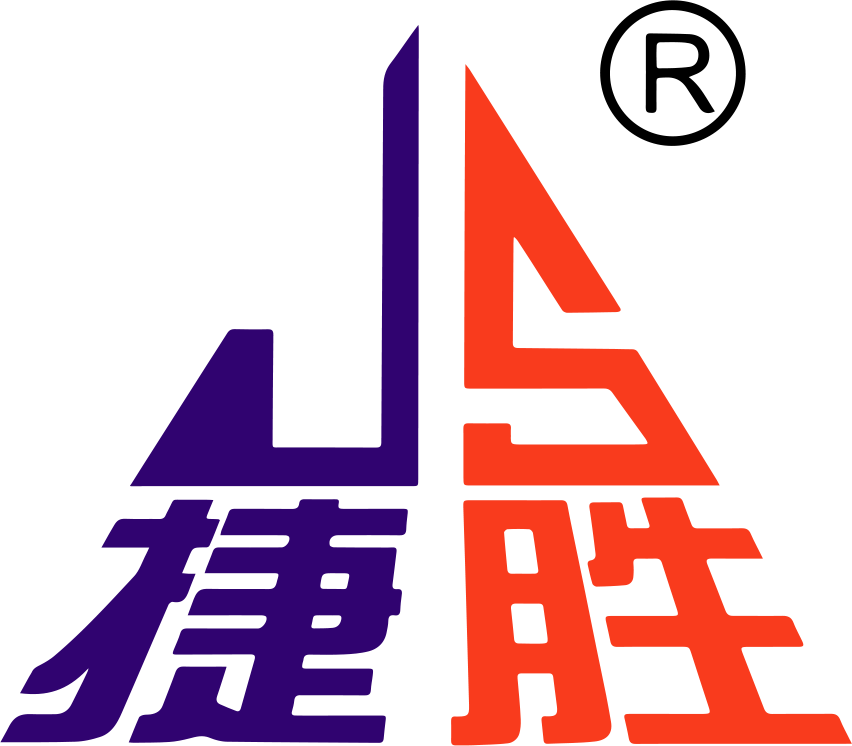Selection Guide for Frequency Converters
In contemporary industrial activities, frequency converters are regarded as the means of control over the speed and torque of the motor. Selection of a suitable frequency converter will make your machines perform optimally and consume optimum power. Jiesheng Electric provides a wide range of quality frequency converters for different operational needs. This manual will assist you in learning some important considerations when choosing a frequency converter.
It All Starts with Looking at Frequency Converters
Frequency converters which can also be referred to as variable frequency drives or VFD’s, can be defined as devices which are used to modify the voltage and frequency that is supplied to the electric motor. This control system drives the adjusted speed enabling improvement and efficiency on mechanical component degradation.
Why Adopt The Frequency Converters?
1. Energy Savings: Frequency converters allow the adjustment of motor speed according to load requirements and thus save energy which leads to monetary reduction.
2. Reduced Wear and Tear on Equipment: The characteristics of soft starting and soft stopping ensures that mechanical shocks are minimized hence increasing the life of motors and related equipment.
3. Enhanced Motor Control: Better control of the speed and torque of the motors translates to better operating performance of the processes such as pumping, fans and conveyor functions.
Must-Have Factors in Selecting a Frequency Converter
1. Power Rating
Determining the required power rating for your application is the very first requirement when going for a frequency converter. The range avoids otherwise too low or higher ratings and prepares for a number of converters including them offered by Jiesheng Electric company. Furthermore, the appropriate frequency converter should be rated for motor Full LOAD current and voltage accordingly.
2. Control Method
This method is useful when the application is wide or broad and may be required to switch between V/F, vector, direct torque control (DTC), among others. Different methods include but are not limited to:
- V/F Control: Typical usage in cases where speed control is not a core requirement of the application.
- Vector Control: Satisfactory in providing it with better torque controls, working in applications with higher complexity.
- DTC: This is the best performing control method totally in cases when motors are quite complex in their applications.
3. Environmental Conditions
Try to take note of the environment where the frequency converter will be placed to work. Operating conditions such as temperature, humidity, dust or even chemicals may prove to be performance hindering. Frequency converters from Jiesheng Electric are rugged and will withstand numerous environmental factors ensuring reliability.
4. Key Characteristics and Integration
Today’s frequency inverters are equipped with features such as filter units, communication interfaces and protection devices. Consider the particular requirements of your application in order to choose a suitable converter with available features. Also, check for the interface with the available apparatus and control system.
Choosing the correct frequency convertor is significant when optimizing motor use and improving energy effectiveness in industrial applications. Jiesheng Electric is offering a full range of frequency converters designed for various applications.


 EN
EN
 AR
AR
 BG
BG
 HR
HR
 CS
CS
 DA
DA
 NL
NL
 FR
FR
 DE
DE
 EL
EL
 HI
HI
 IT
IT
 JA
JA
 KO
KO
 PL
PL
 PT
PT
 RO
RO
 RU
RU
 ES
ES
 SV
SV
 CA
CA
 TL
TL
 ID
ID
 SR
SR
 UK
UK
 VI
VI
 SQ
SQ
 HU
HU
 TH
TH
 TR
TR
 FA
FA
 AF
AF
 MS
MS
 KA
KA
 BN
BN
 LA
LA
 TA
TA
 KK
KK
 UZ
UZ
